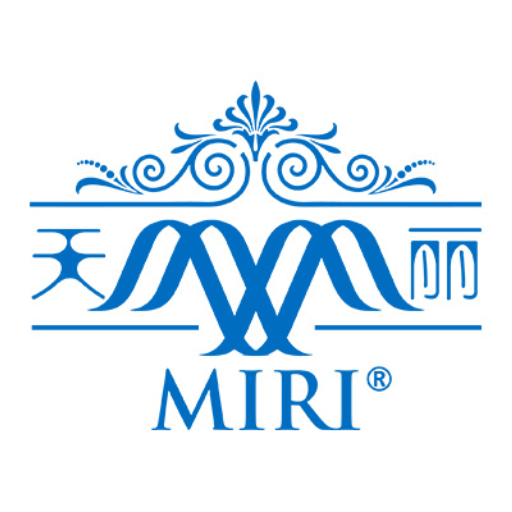Thriving Through Menopause: Natural Strategies for Hormonal Balance and Vitality
Menopause marks a significant transition in a woman’s life, often accompanied by hormonal shifts that can bring challenges like hot flashes, mood swings, and fatigue. But this phase doesn’t have to be daunting. By adopting natural strategies focused on hormonal balance, you can enhance your vitality and embrace this new chapter with confidence. Understanding the basics of menopause and incorporating supportive wellness practices can make all the difference in maintaining your overall health.
Understanding the Menopausal Transition
The menopausal transition, including perimenopause, involves fluctuating estrogen and progesterone levels, leading to various symptoms. While some women experience mild effects, others may face more pronounced issues such as sleep disturbances or decreased bone density. Education is key—learning about these changes empowers you to make informed decisions. For instance, as explored in our previous blog on Menopause Hormonal Shifts: Navigating Estrogen Decline and Natural Wellness Strategies, recognizing early signs allows for proactive management.
Hot flashes and night sweats are common, affecting up to 80% of women. These vasomotor symptoms stem from the body’s response to dropping estrogen. Mood changes, another frequent concern, can influence emotional well-being during this time. Addressing these through lifestyle adjustments not only alleviates discomfort but also supports long-term health, including heart health and cognitive function.
Natural Nutrition for Hormonal Support
Diet plays a pivotal role in easing menopausal symptoms. Incorporating phytoestrogen-rich foods like soy products can mimic estrogen’s effects, potentially reducing hot flash frequency. Phytoestrogens, found in flaxseeds and legumes, offer a gentle way to support hormonal equilibrium. Omega-3 fatty acids from fish or walnuts help combat inflammation, which may exacerbate joint pain or mood instability.
Calcium and vitamin D are essential for bone health, as estrogen decline increases osteoporosis risk. Aim for dairy, leafy greens, or fortified foods daily. Herbal options like black cohosh or red clover have shown promise in clinical studies for symptom relief, though consulting a healthcare provider is advisable. For personalized nutritional guidance, check out Women Supplements: Supporting Hormonal Balance and Vitality Through Life Stages, which delves into targeted nutrients.
Exercise and Movement for Energy and Strength
Regular physical activity is a cornerstone of thriving during menopause. Weight-bearing exercises like walking or yoga strengthen bones and improve mood by boosting endorphins. Yoga, in particular, reduces stress and enhances sleep quality, countering insomnia often linked to hormonal fluctuations. Aim for 30 minutes most days—simple routines can alleviate fatigue and support weight management, as metabolic changes may slow during this phase.
Strength training preserves muscle mass, vital for metabolism and mobility. Low-impact options like swimming suit those with joint concerns. As discussed in Menopause and Joint Health: Strategies for Relieving Aches and Maintaining Mobility, incorporating movement mindfully protects against age-related decline.
Supplements and Natural Remedies
When diet alone isn’t enough, supplements can bridge the gap. Products like Miri Feminine Essence are designed to reduce menopause symptoms, promoting hormone balance and breast firmness while enhancing mood and skin hydration. Similarly, collagen supplements support skin elasticity and joint health, countering dryness and aches. Our Miri Collagen Protein helps reduce acne and wrinkles, fostering radiant skin during hormonal shifts.
Always choose high-quality, evidence-based options and discuss with a doctor to avoid interactions. Herbal teas with chamomile or valerian can soothe anxiety and promote restful sleep.
Mind-Body Practices for Emotional Resilience
Menopause affects mental health too. Mindfulness meditation or journaling can manage mood swings by fostering emotional awareness. Building a support network—through friends or menopause-focused groups—provides invaluable perspective. Prioritizing self-care, like warm baths or aromatherapy, nurtures your well-being holistically.
Sleep hygiene is crucial; establish a routine with dim lights and no screens before bed. These practices, combined with therapy if needed, build resilience against emotional turbulence.
Long-Term Wellness Planning
Beyond immediate relief, focus on preventive care. Regular check-ups monitor bone density and cholesterol, as cardiovascular risks rise post-menopause. A balanced approach integrating nutrition, exercise, and supplements ensures sustained vitality. For deeper insights into metabolic changes, refer to Menopause and Metabolic Changes: Strategies for Maintaining Energy and Weight Balance.
Embracing menopause as a time of wisdom and renewal transforms the experience. With these natural strategies, you can navigate hormonal balance, boost energy, and thrive. Remember, every woman’s journey is unique—tailor these tips to your needs and consult professionals for personalized advice.
